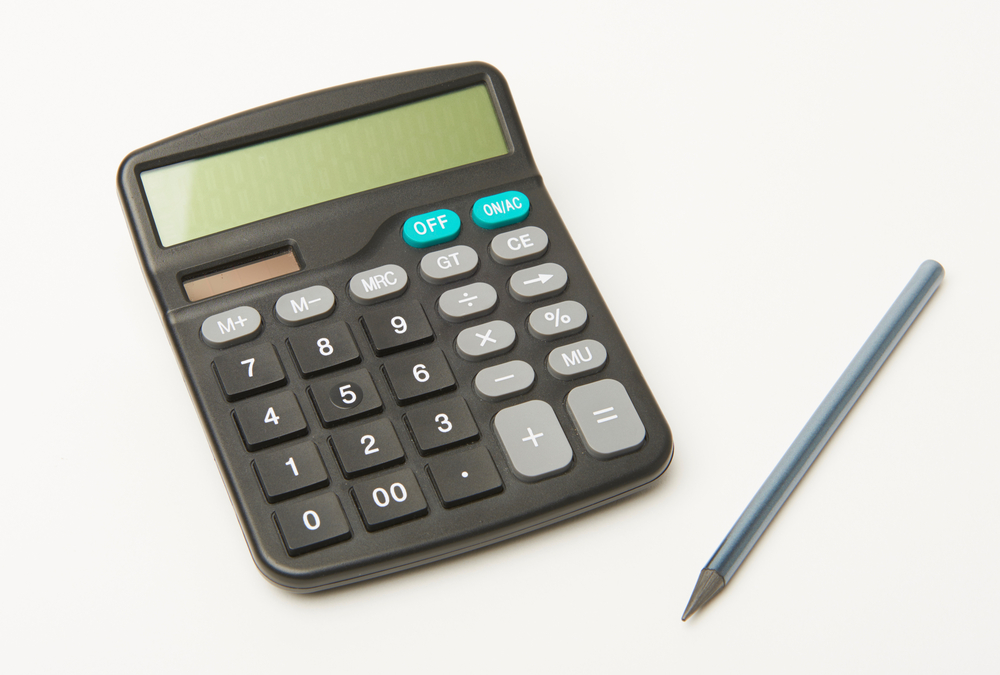Working Class Americans Deserve a Retirement, Too
Just how high a mountain do working class millennials have to climb when it comes to planning for their future? Sometimes the act of thinking beyond this month’s bills can feel out of reach, as this New York Times article from 2013 – still very relevant today — discusses.
But economic wellness isn’t just for well-to-do Americans. It should be for everyone.
There are few financial wellness programs aimed at working class Americans, but they are precisely the group who would benefit the most from them. And younger workers of modest means often don’t know where to begin on the path to economic freedom and well-being.
The current body of financial wellness content, which often discusses how to invest your extra income, often fails to address the concerns of workers with modest means. This status quo is unacceptable as we talk about wage stagnation and Americans falling behind. Less than a third of U.S. adults have a four-year college degree; their economic concerns are often reported but seldom addressed. Many expect to never fully retire.
Although financial wellness content providers may see a lack of demand – or perhaps a lack of profits to be made — we see a great need for an economic wellness program. And as a not-for-profit institute, we are in a great position to provide such a program.
As I mentioned in yesterday’s blog, one difference between financial wellness and economic wellness is that economic wellness includes an understanding of the economy and one’s role in it. In this case a well-designed program would give the worker pessimistic on ever reaching retirement an understanding that it is indeed possible, and knowing what it will take to get there.
Against this backdrop, younger Americans of modest means are a particularly important audience for such programs. In that New York Times story, one common thread is the isolation the interview subjects feel.After working most of the hours in their day at unskilled jobs to support themselves, and often paying down debt, they don’t feel they have the resources or time to embark on a path to a better future.
An economic wellness program geared to this population might begin by presenting questions and ideas to consider before diverting any money toward long term goals. It might also provide a way to connect with others going through similar struggles.
Here at AIER, we are working to build an economic wellness program that includes the needs of younger Americans of modest means. It is our hope that we can set some of these Americans on the path toward a more prosperous future, and that some of them will make up the next generation of our members.
Stay tuned in the coming months as we begin to unveil content from this initiative.











